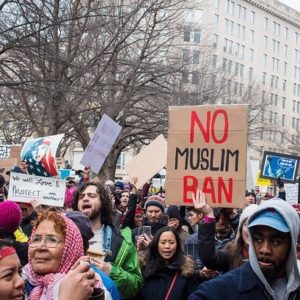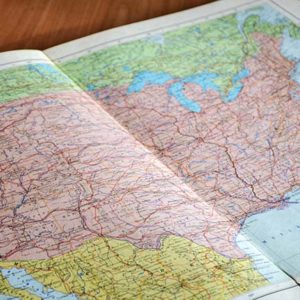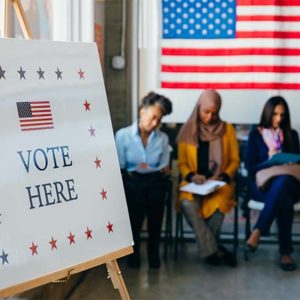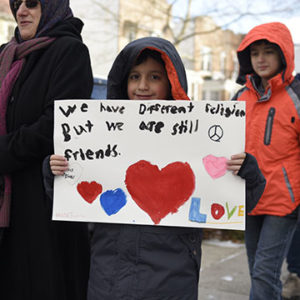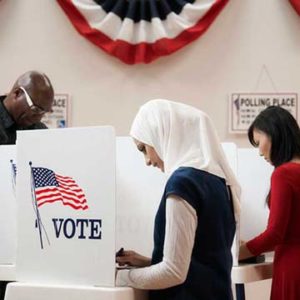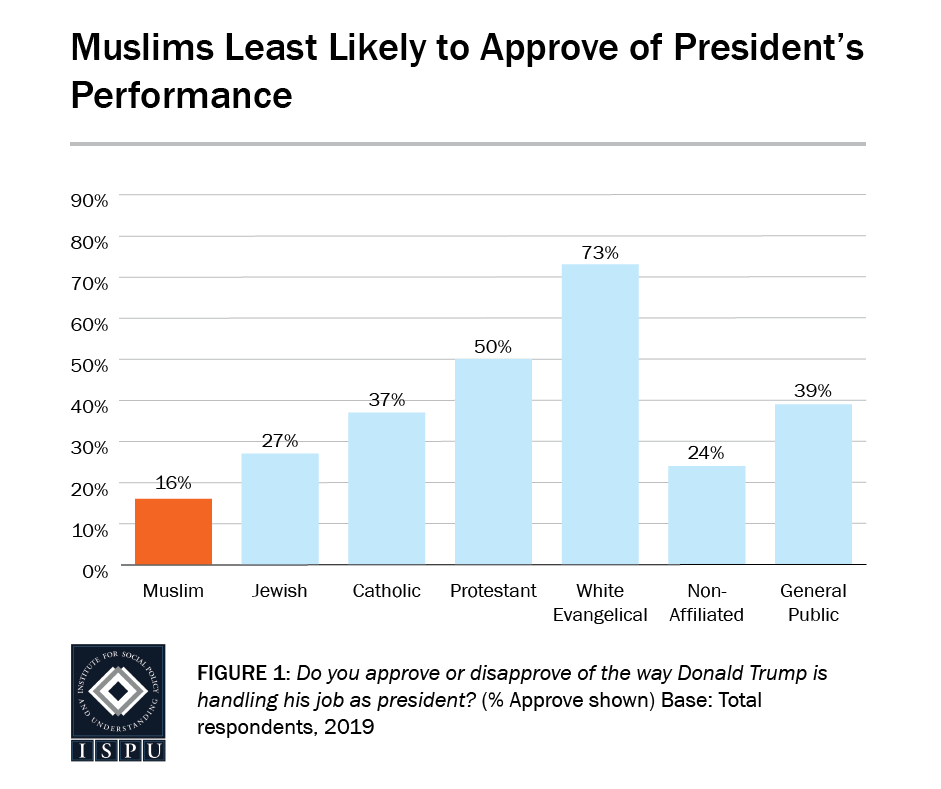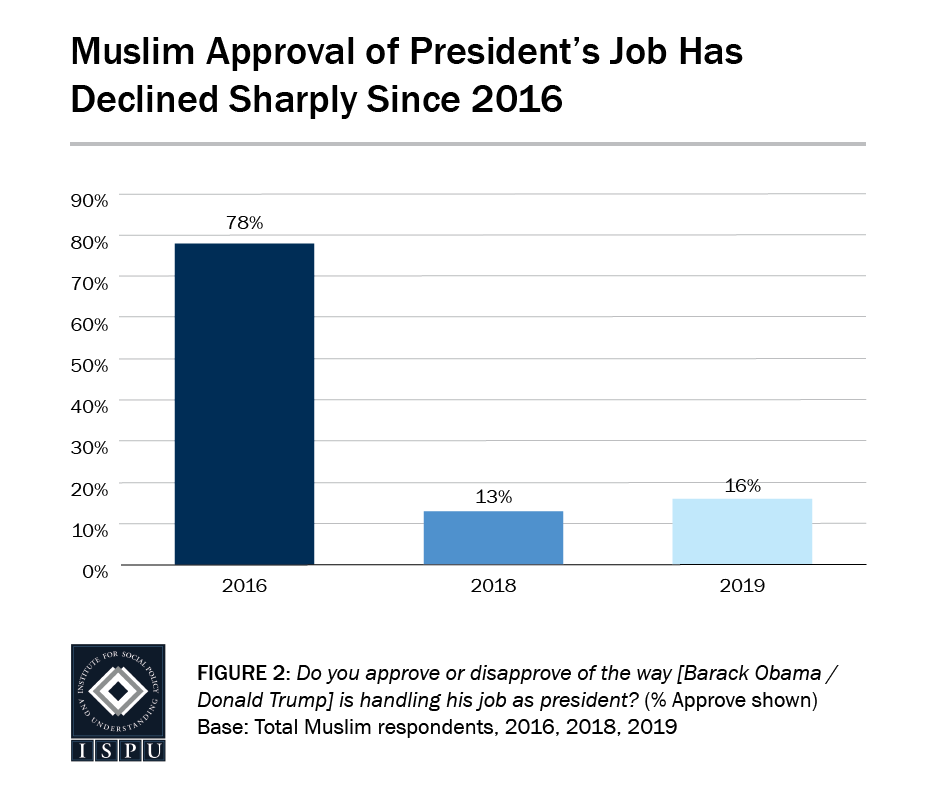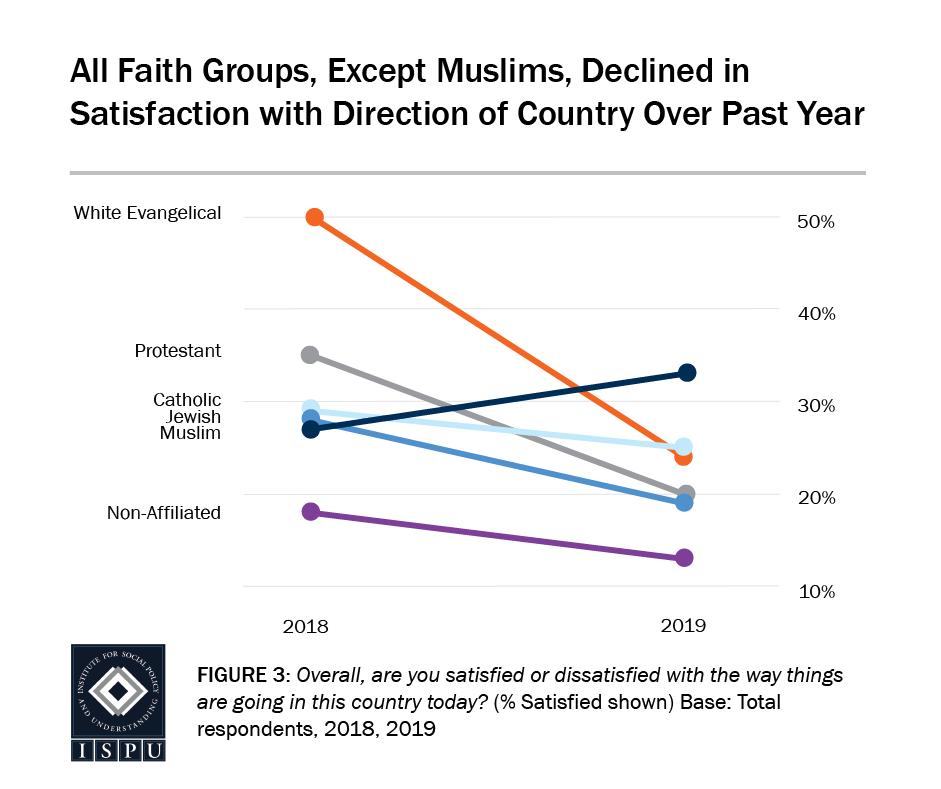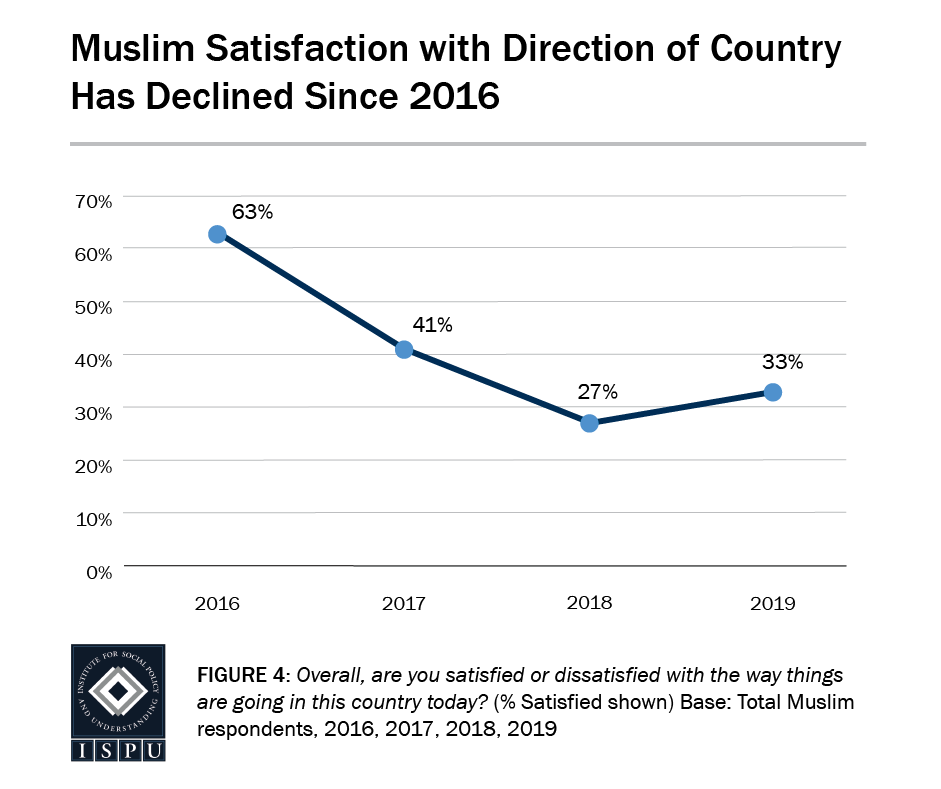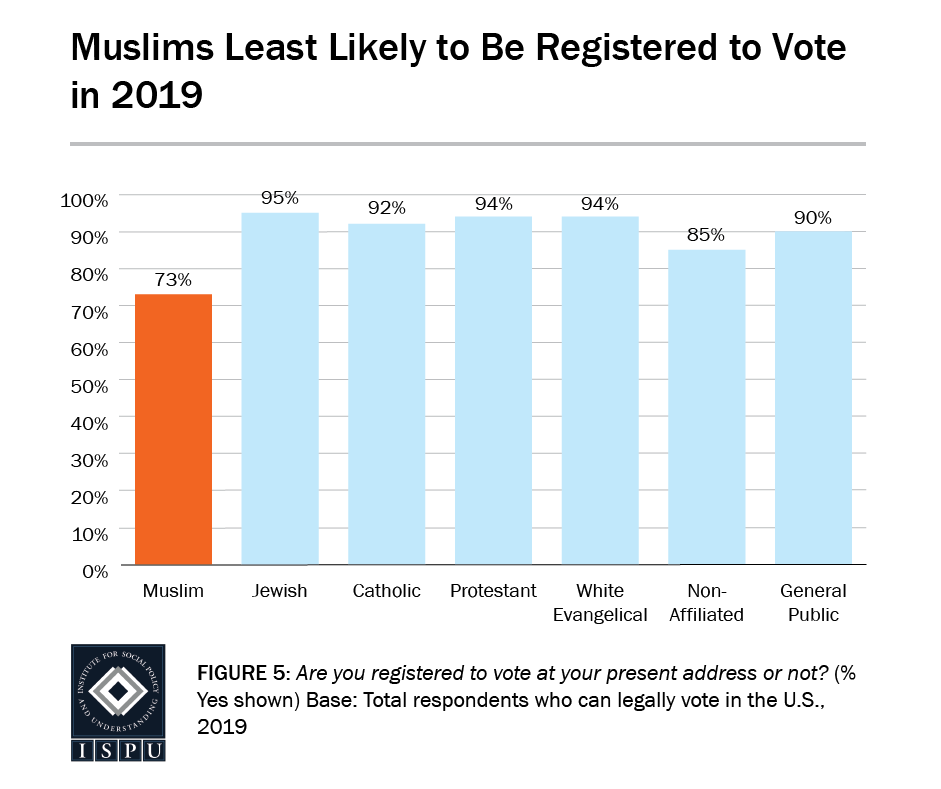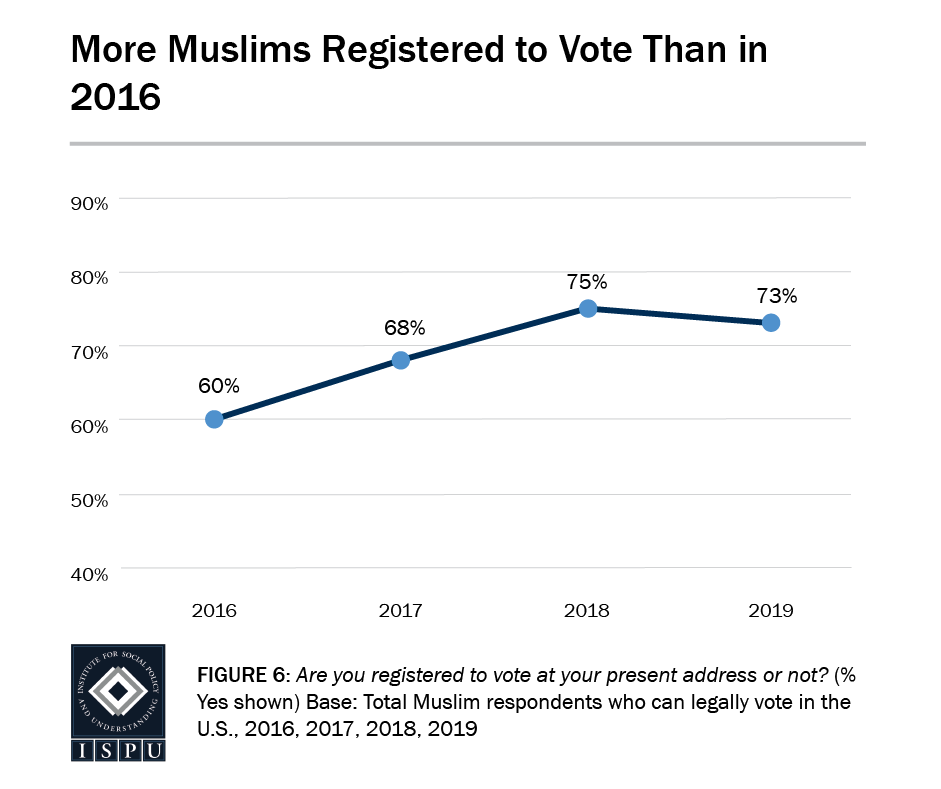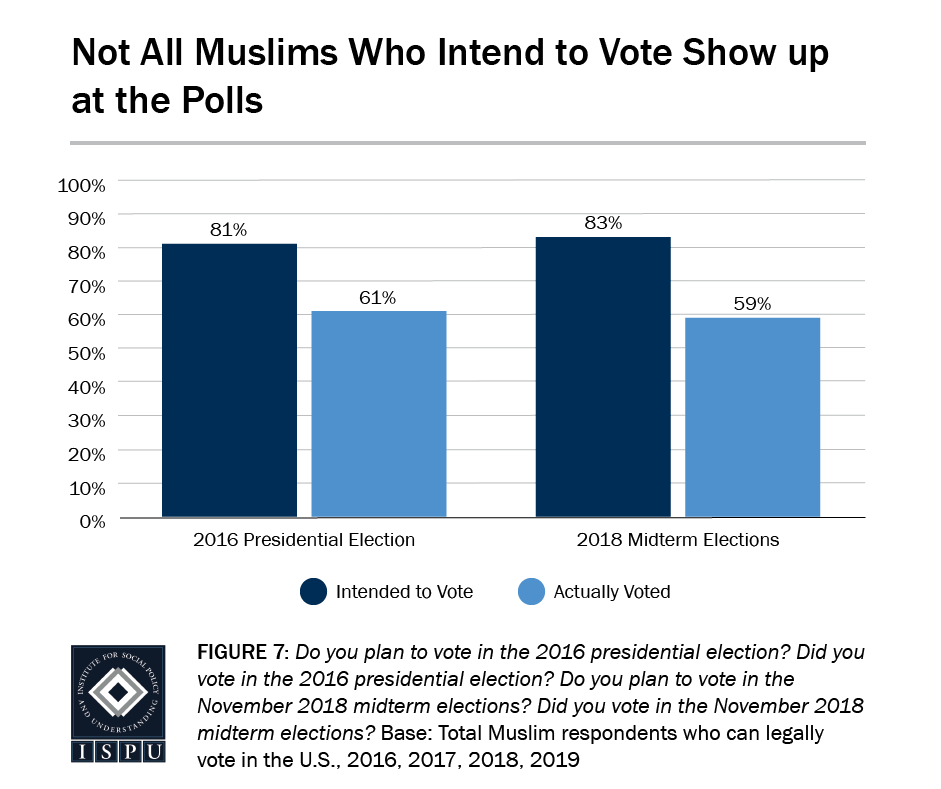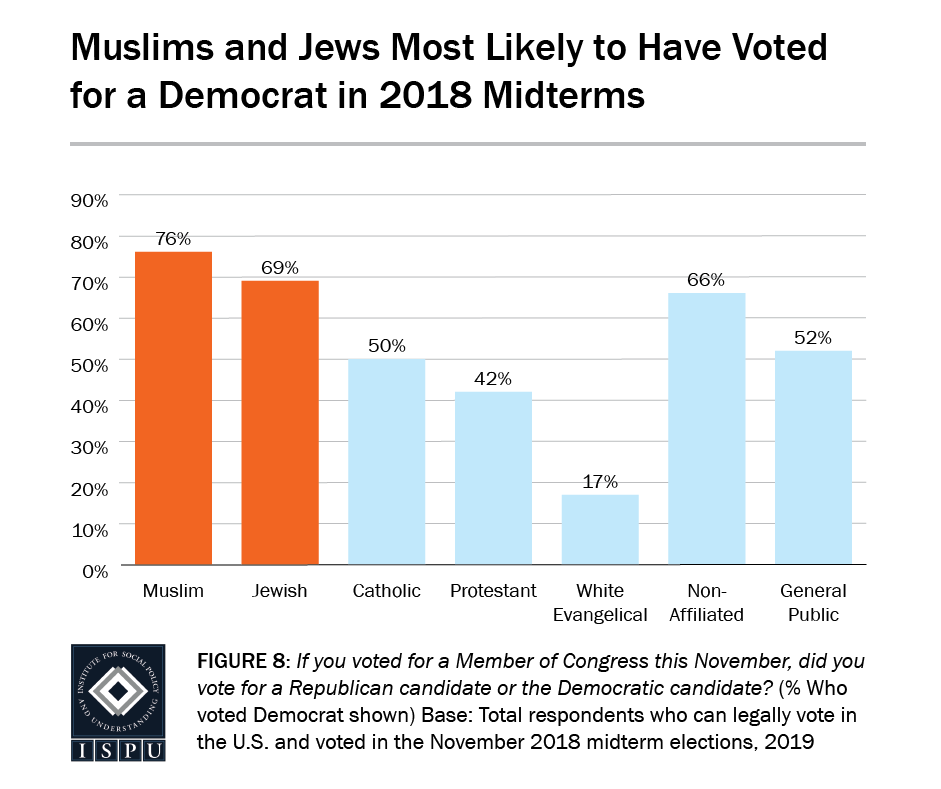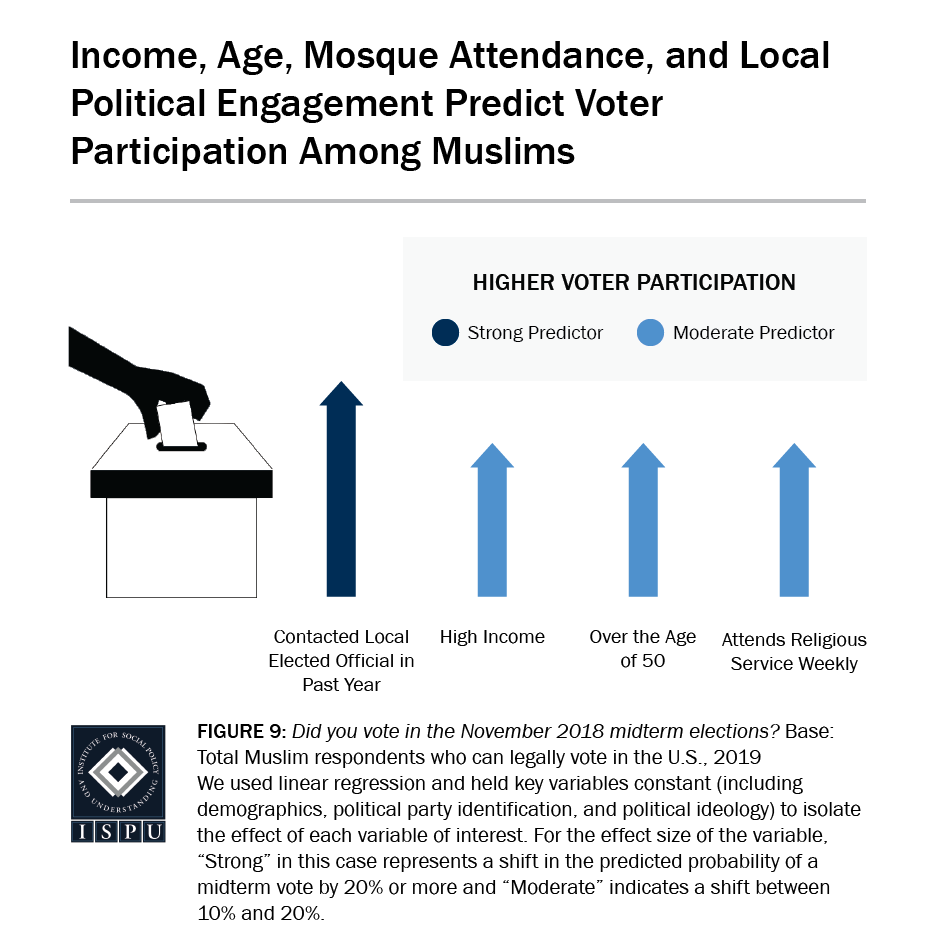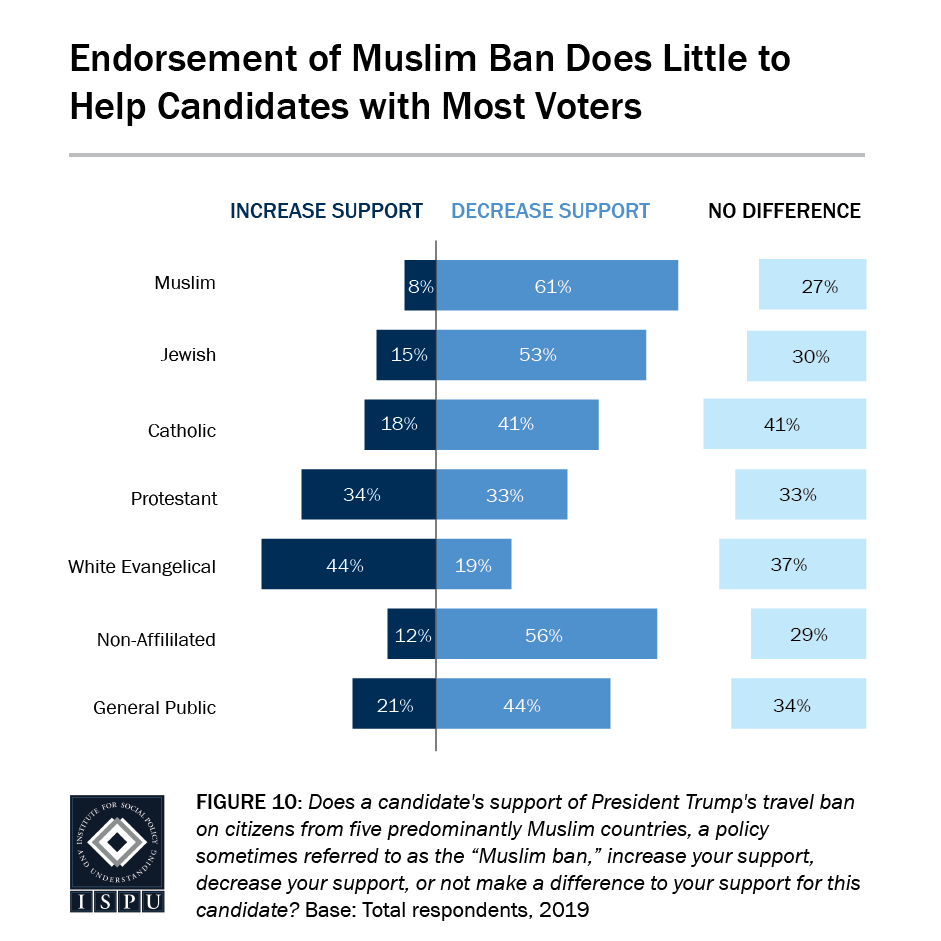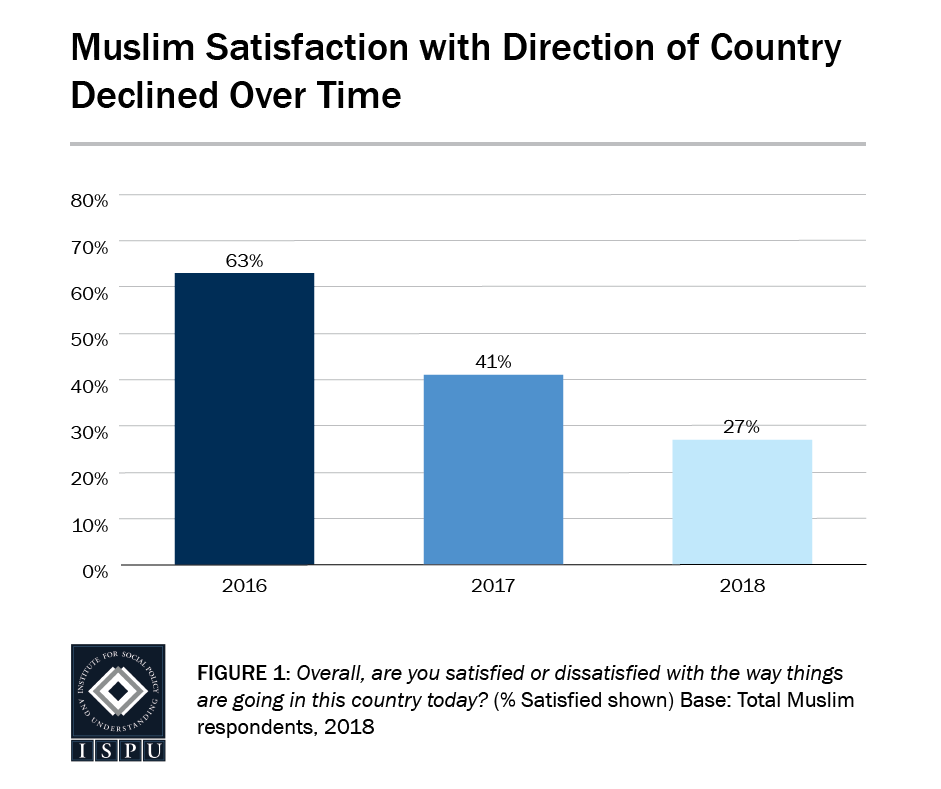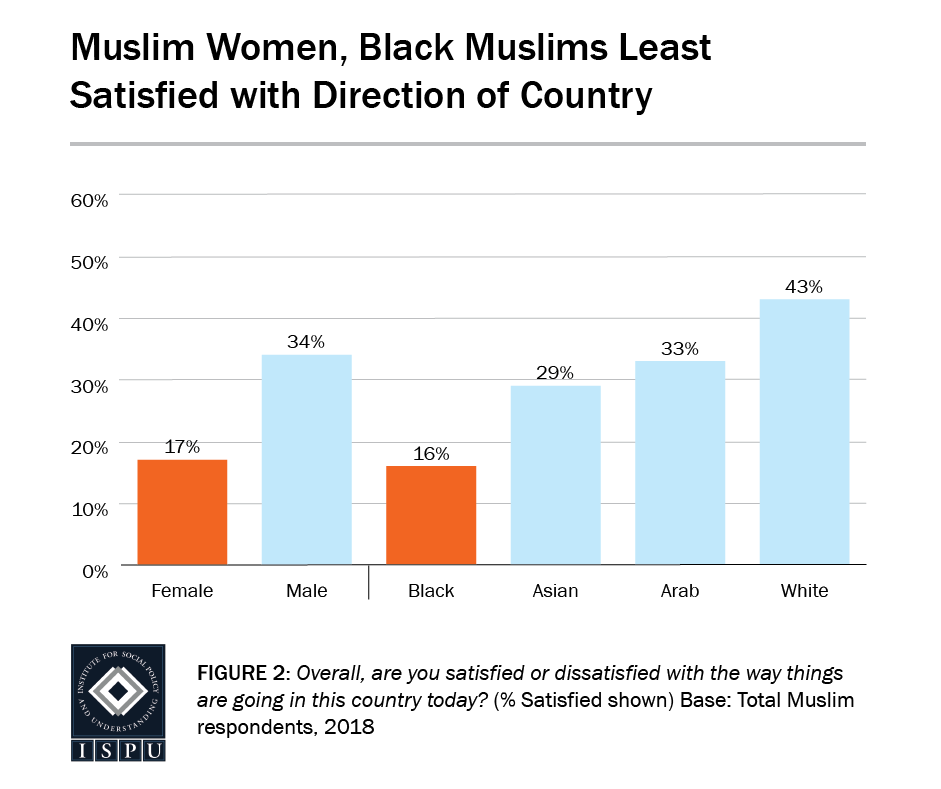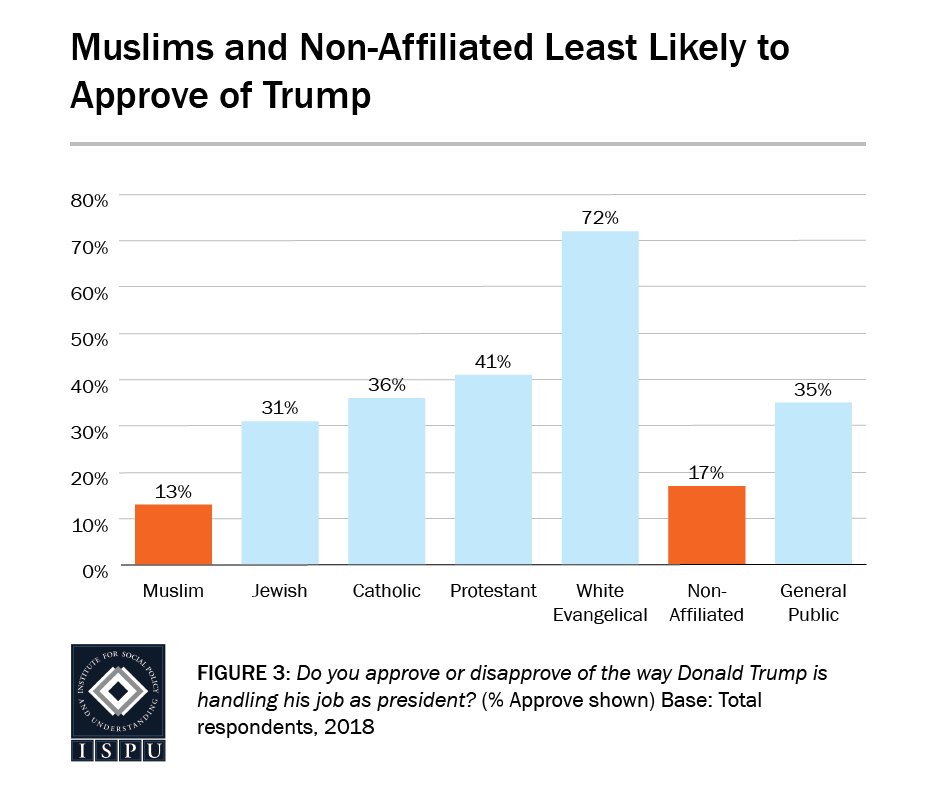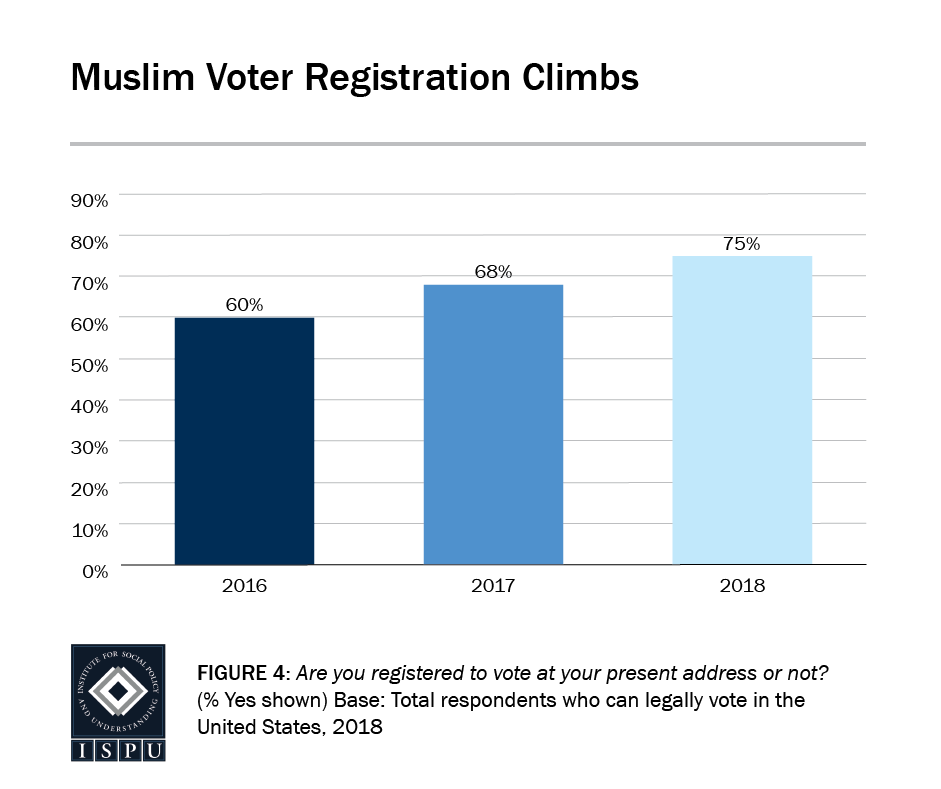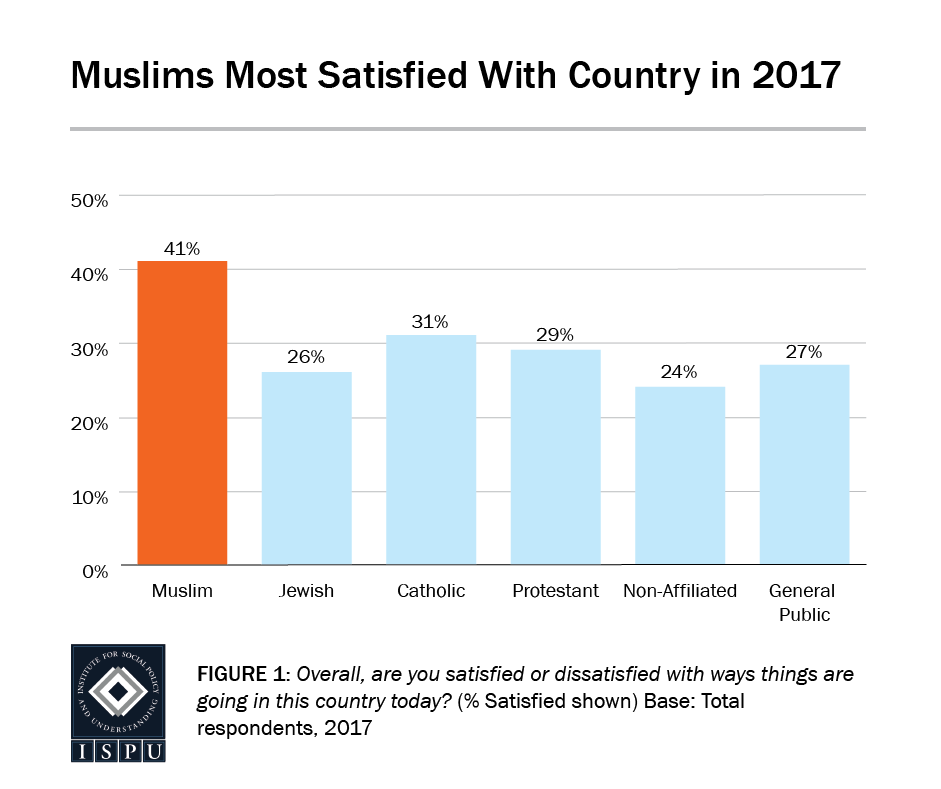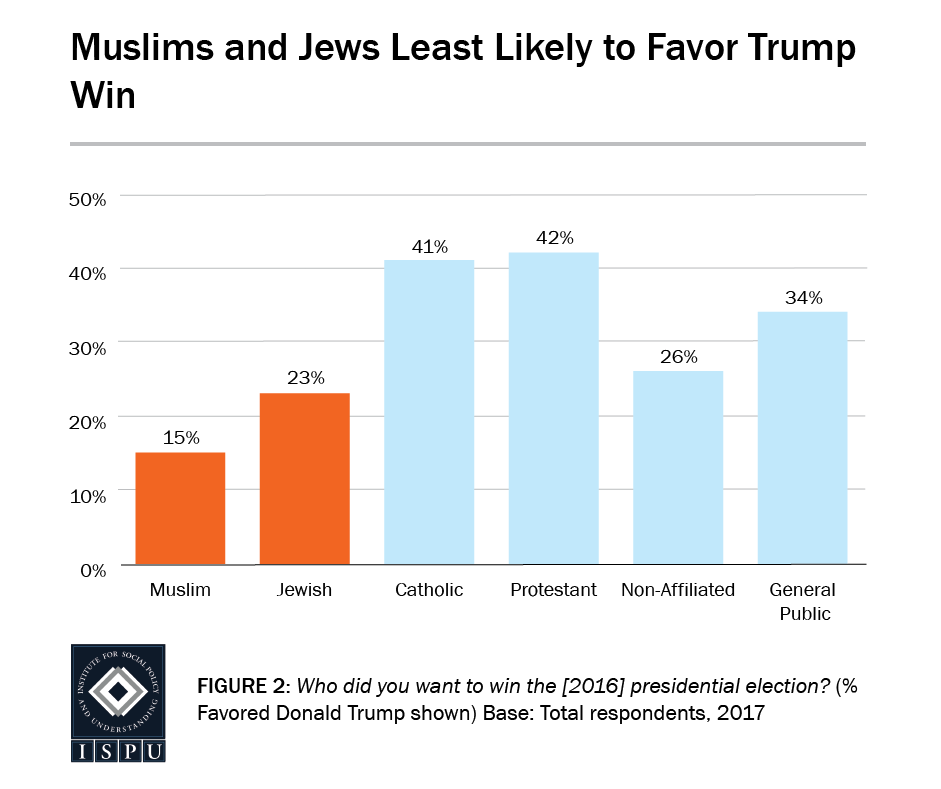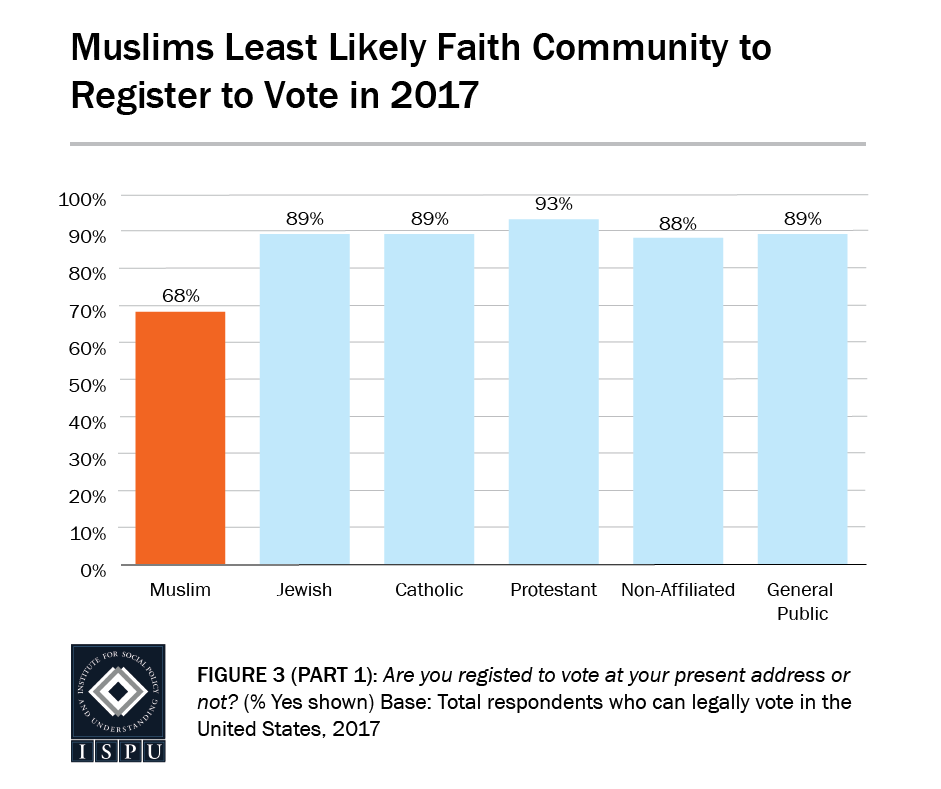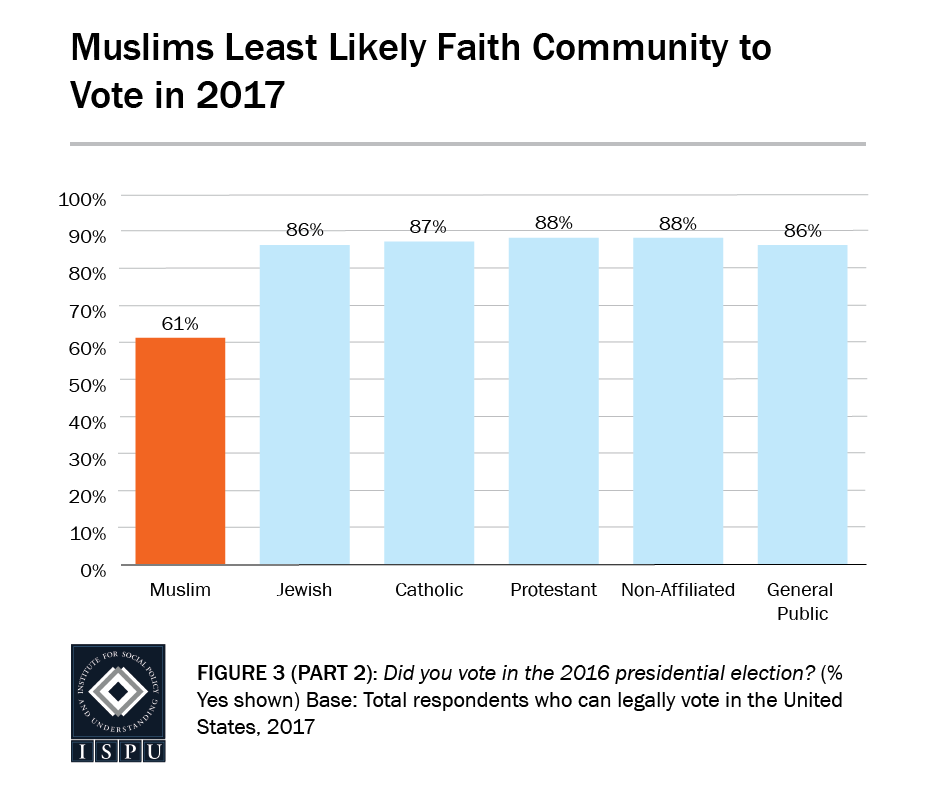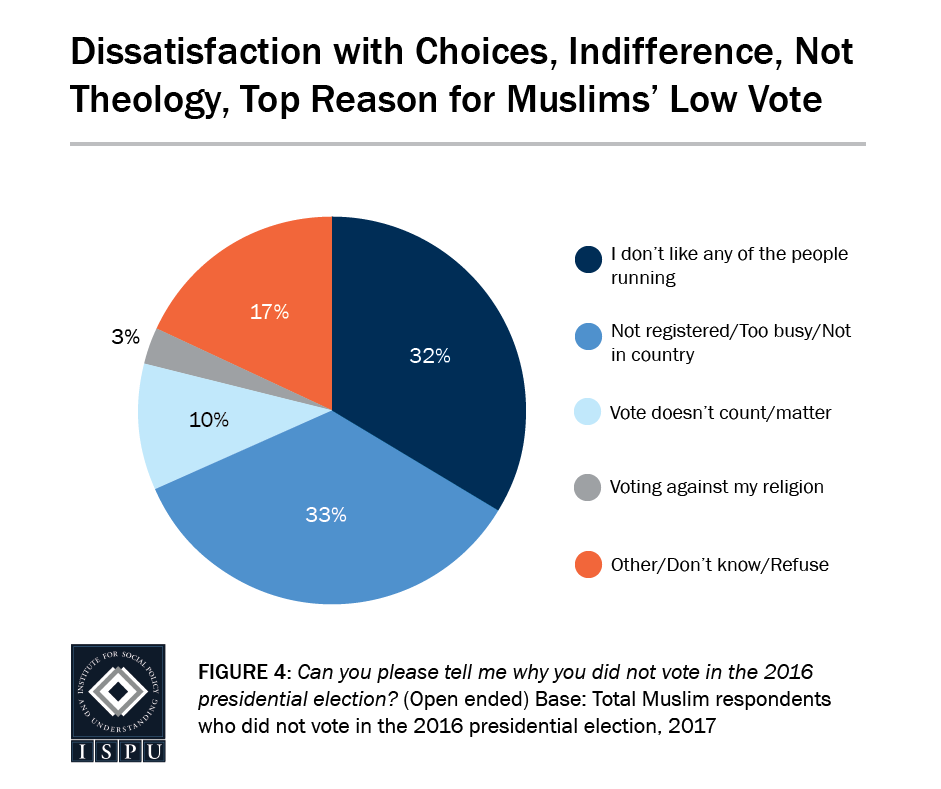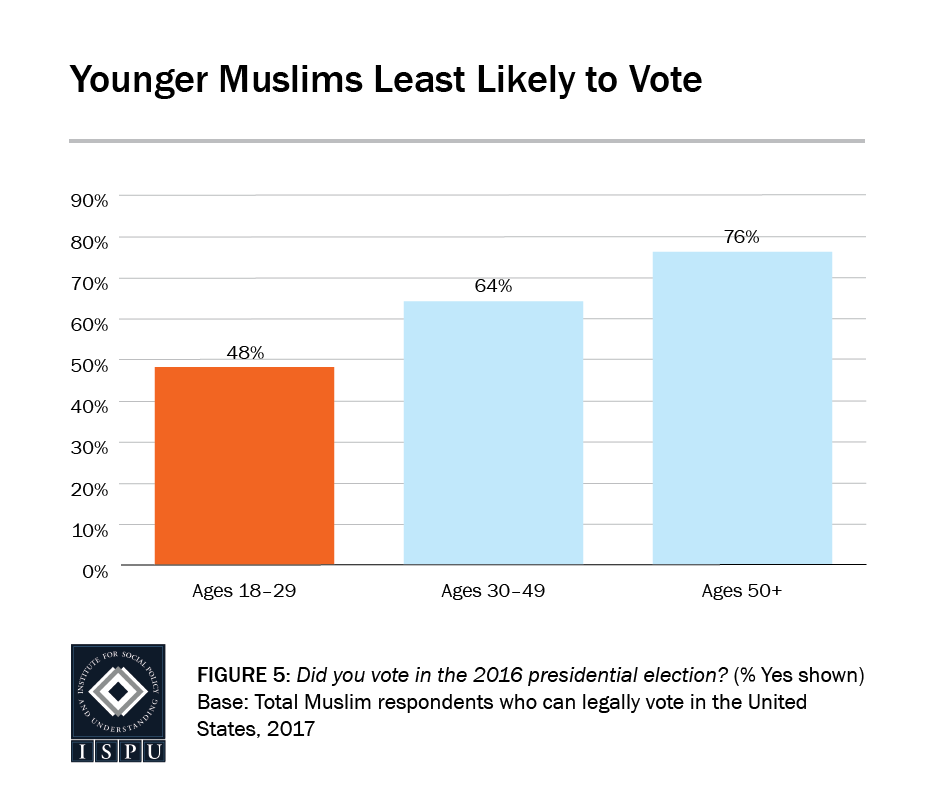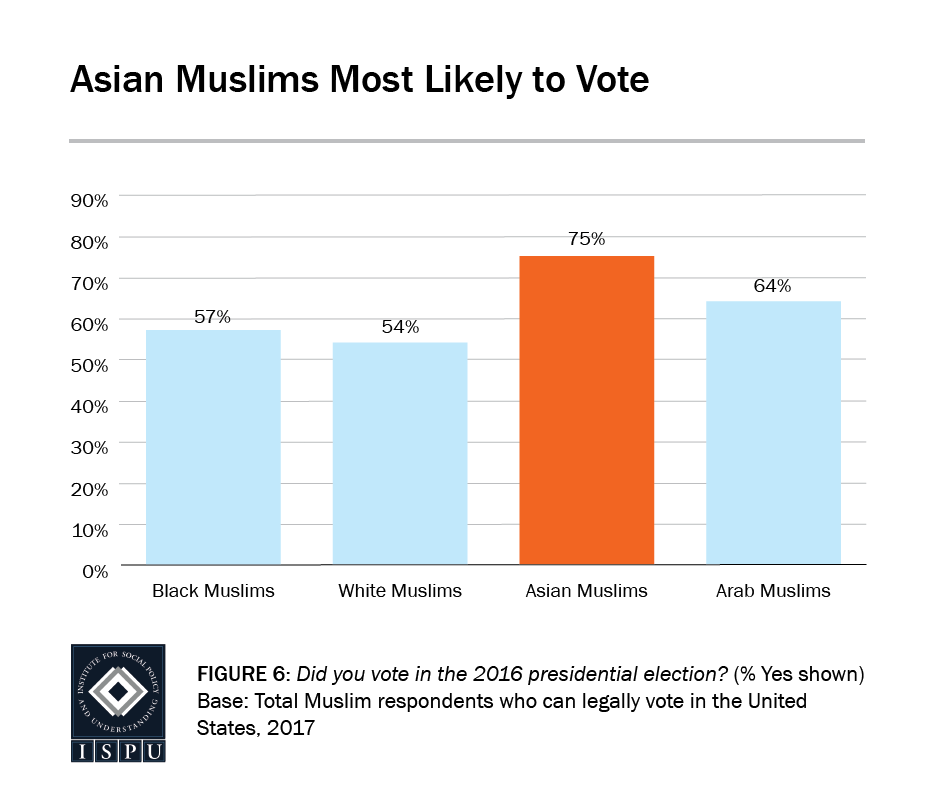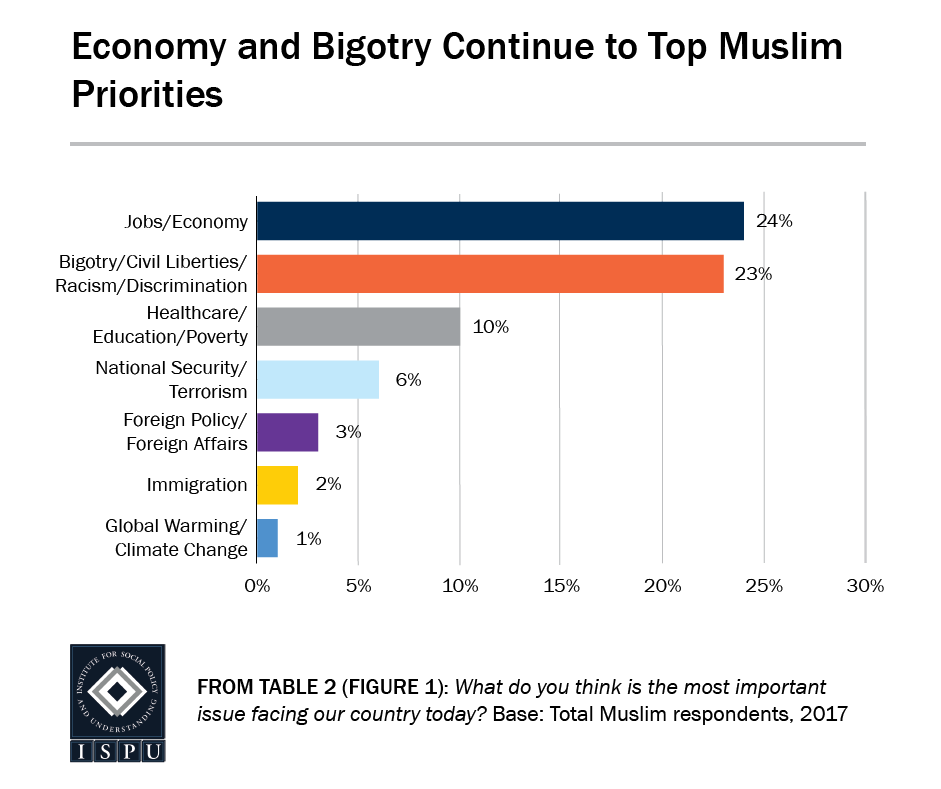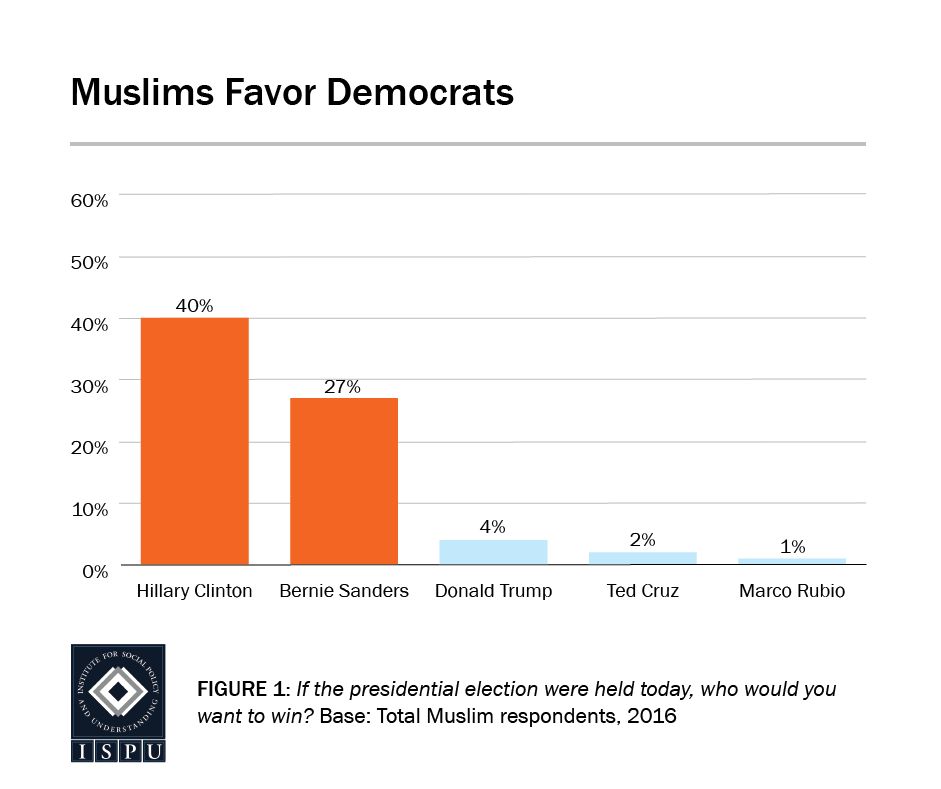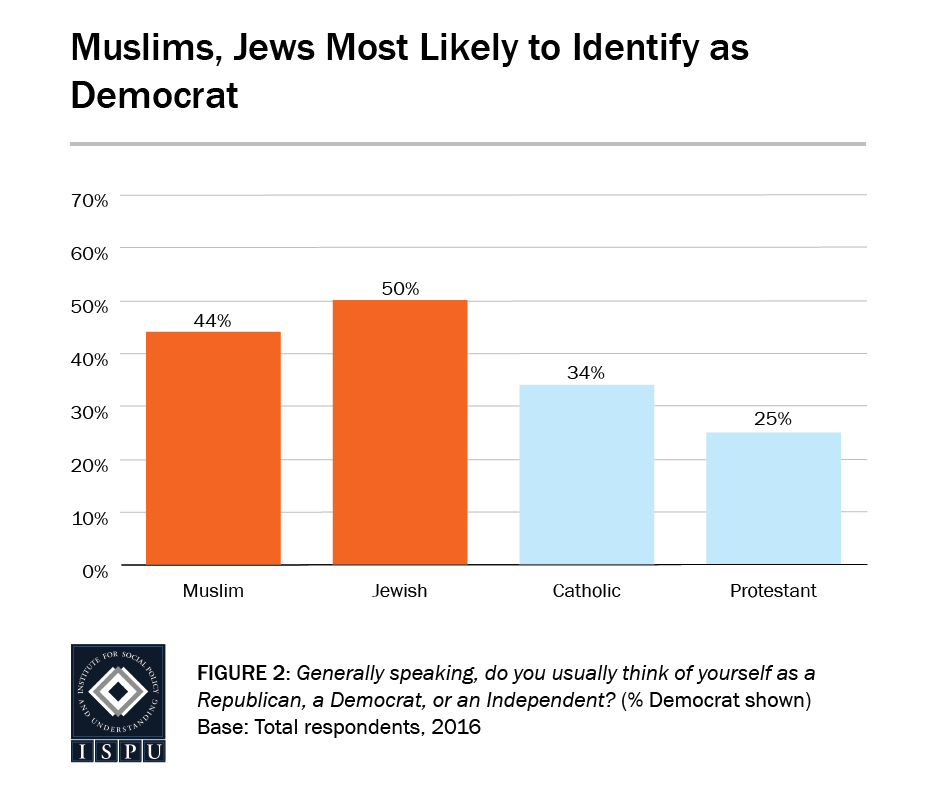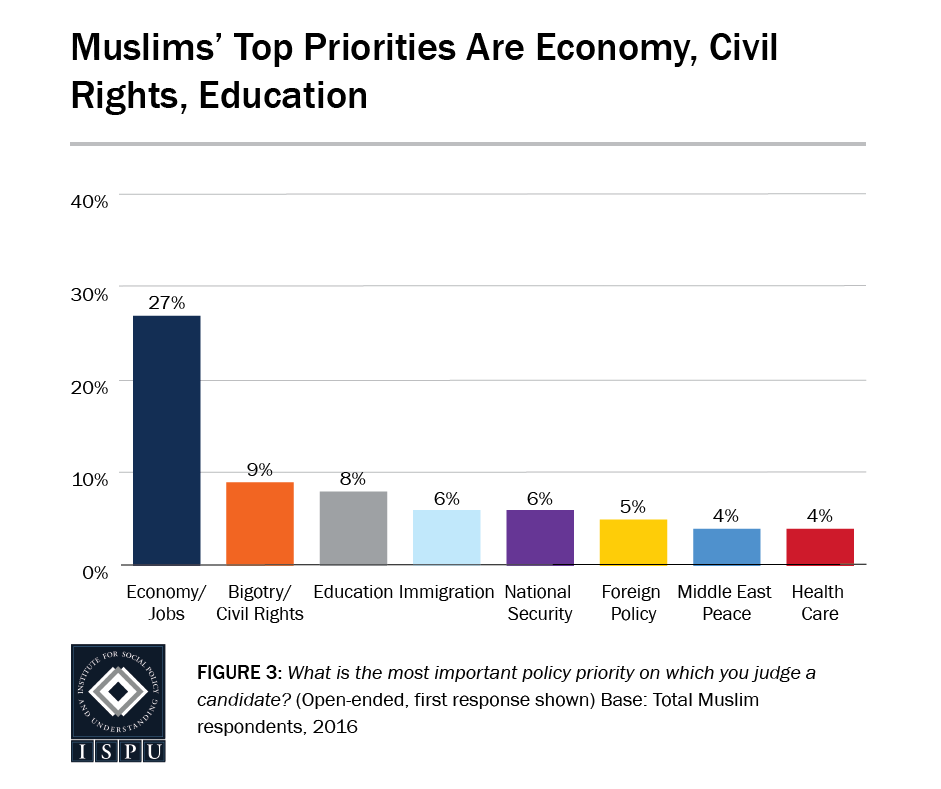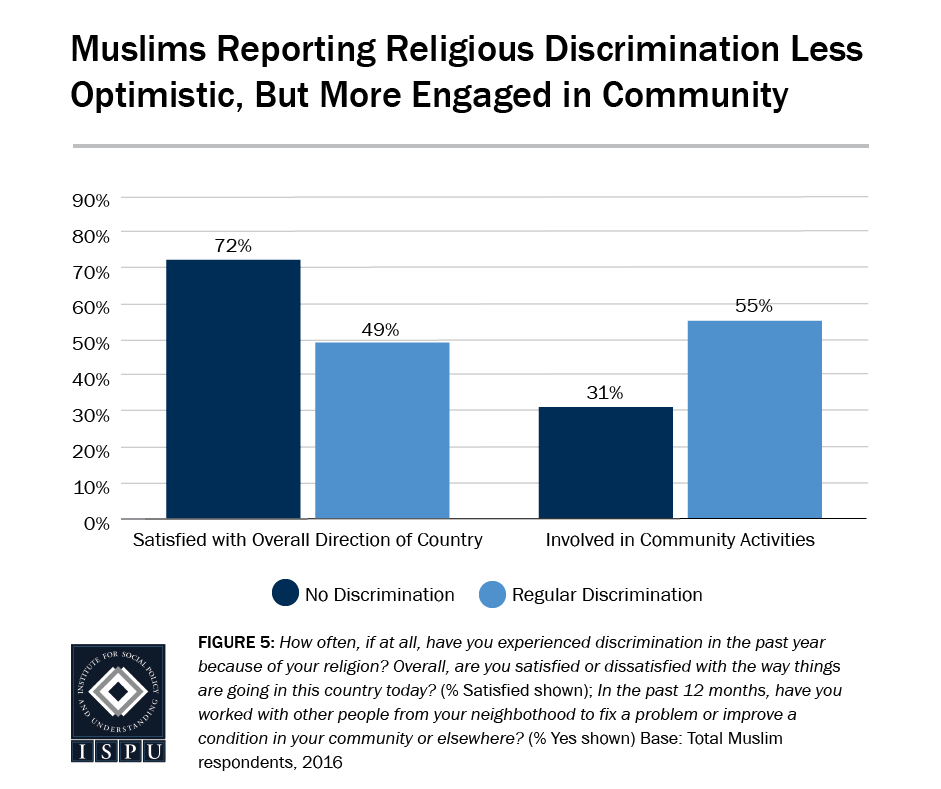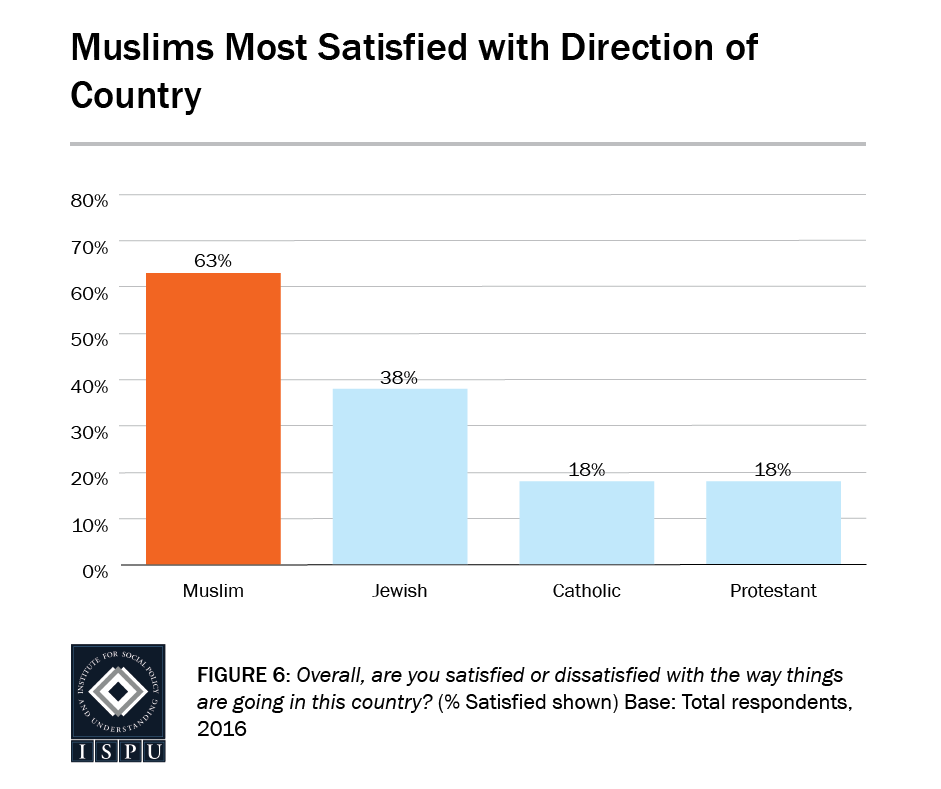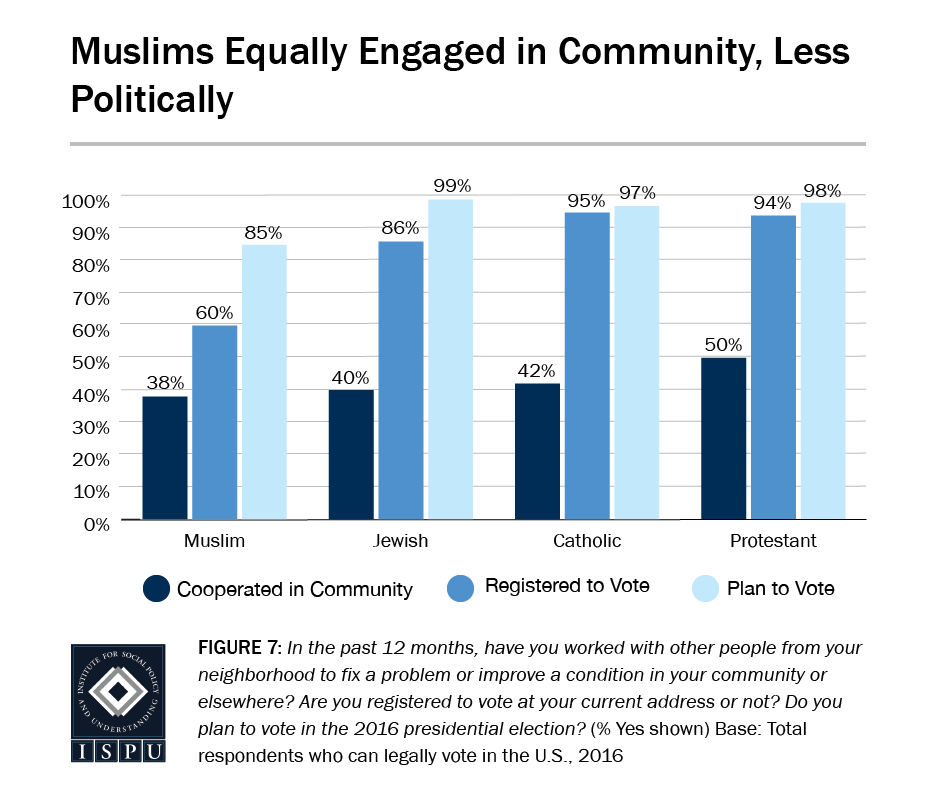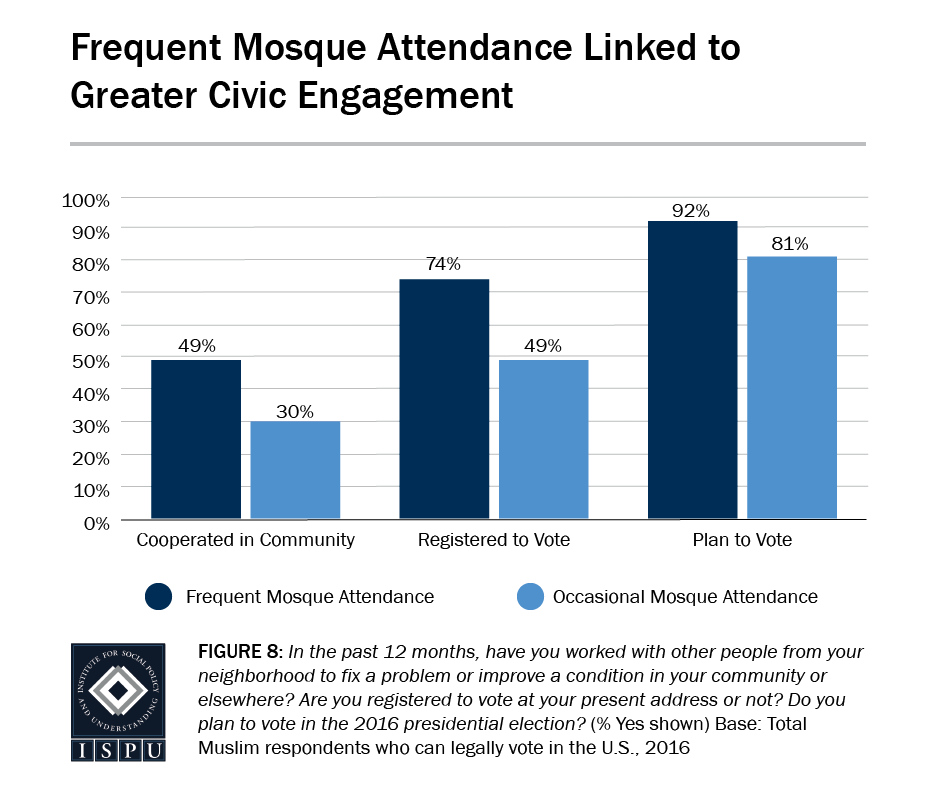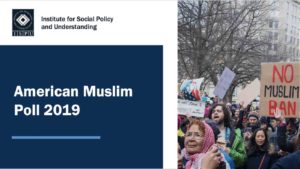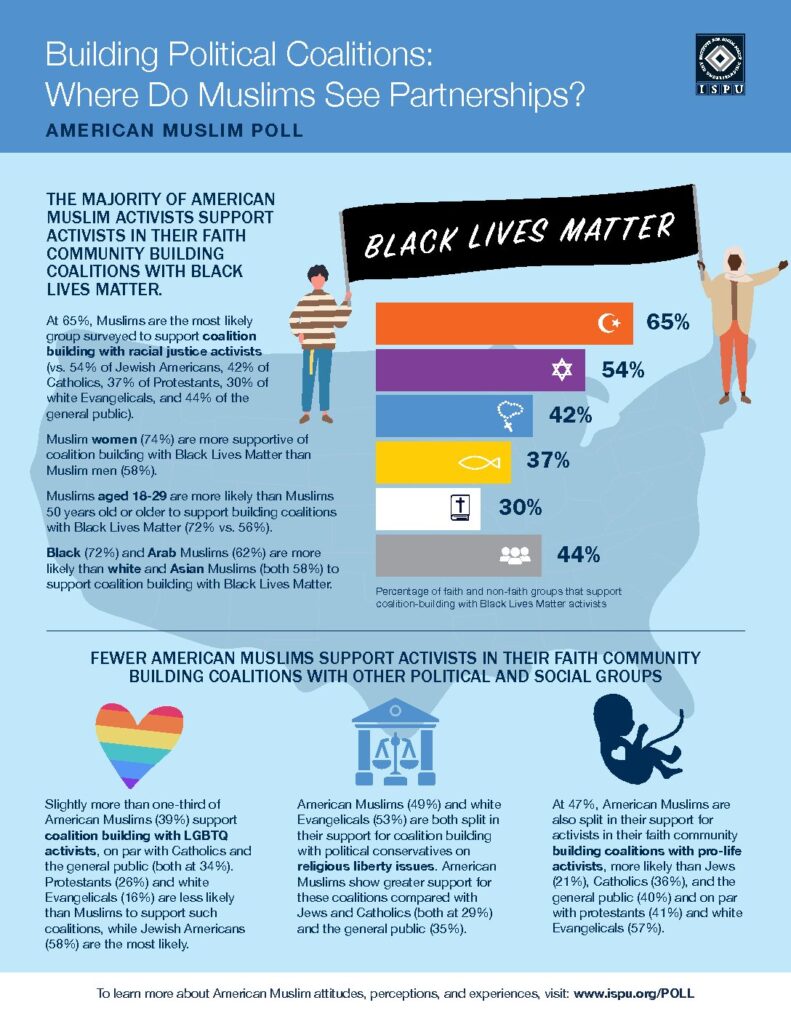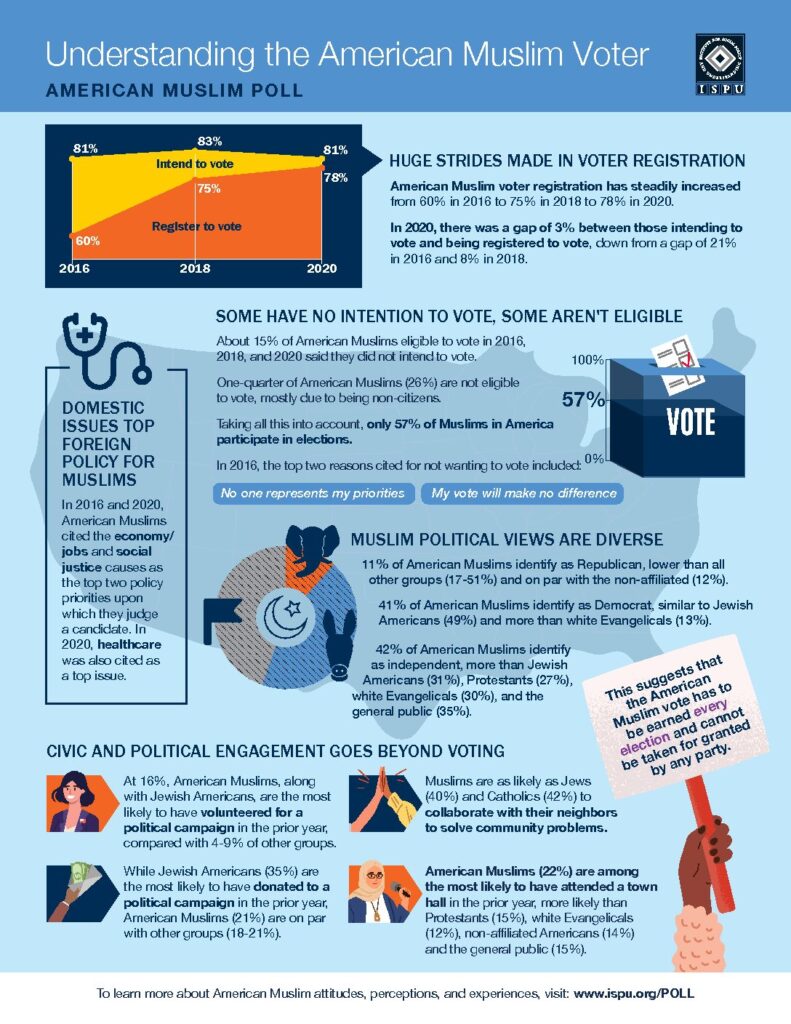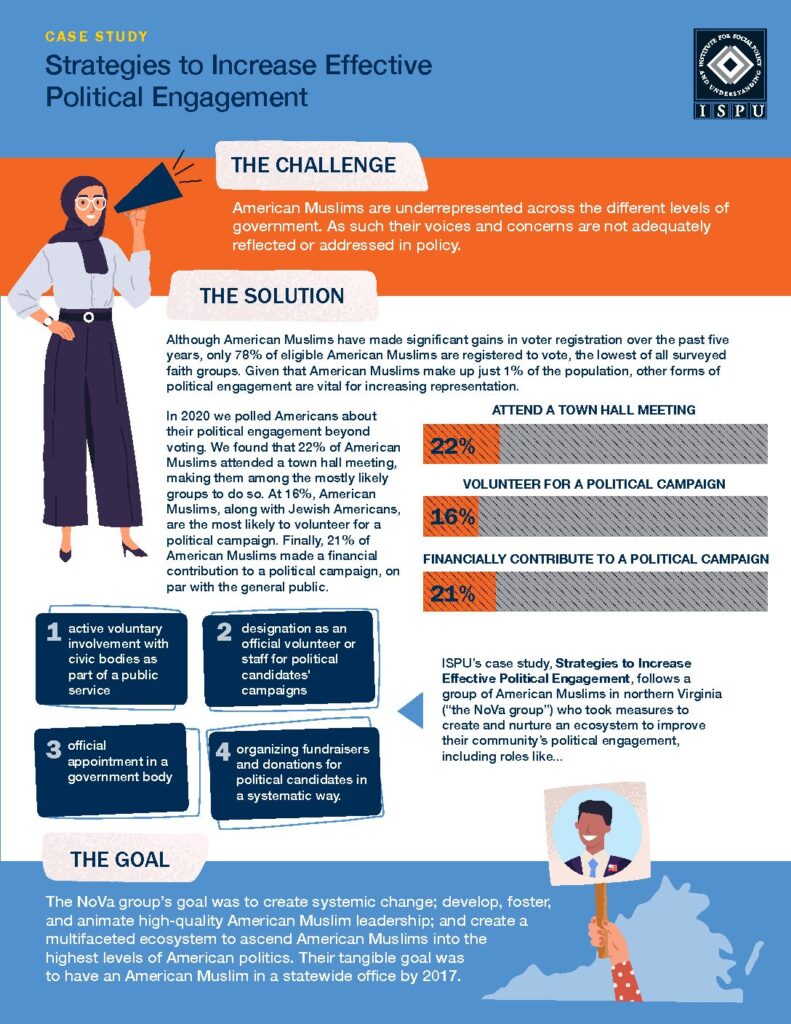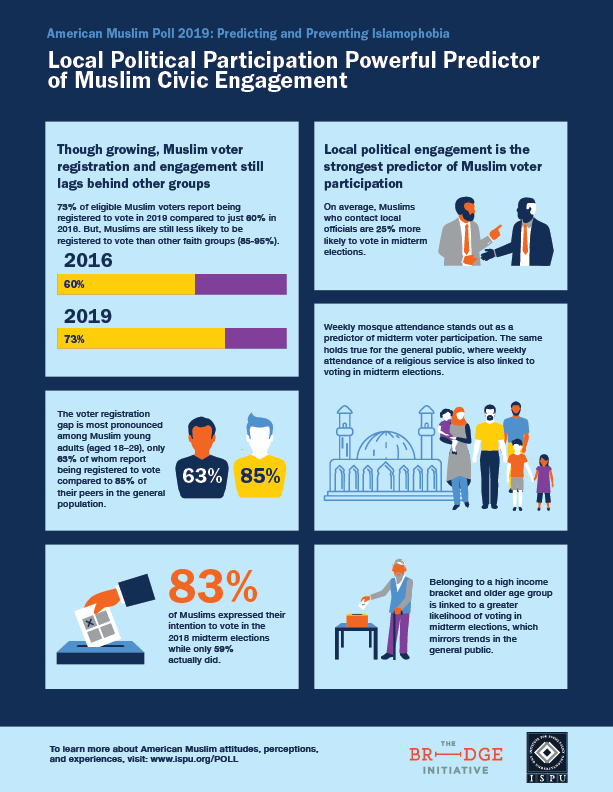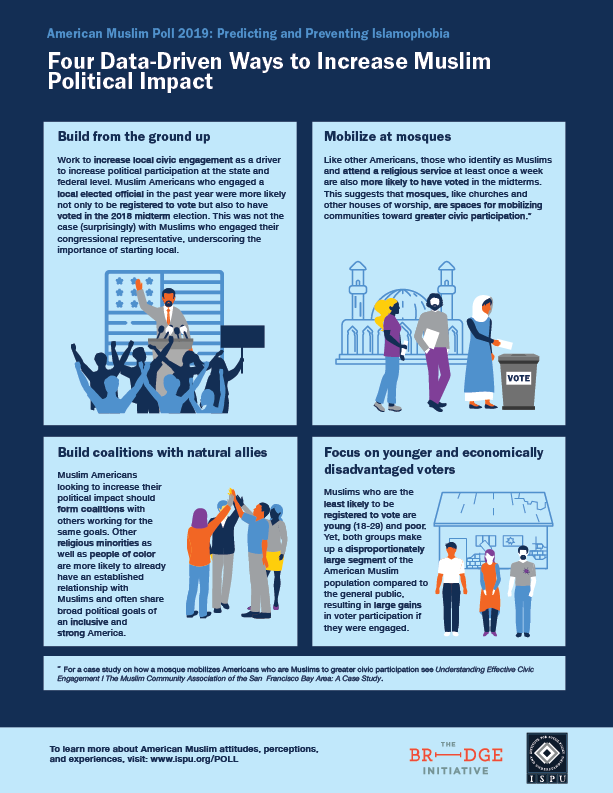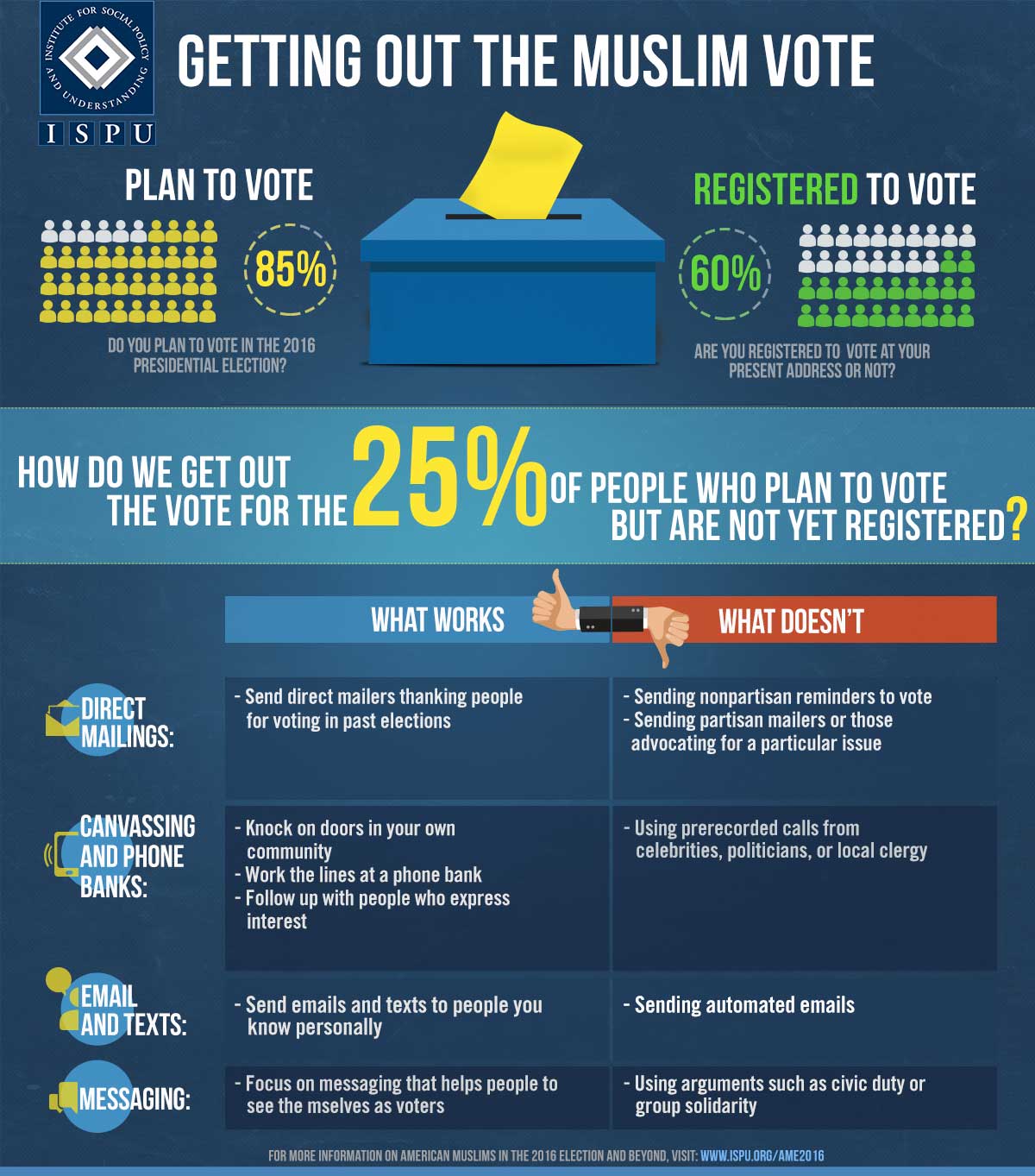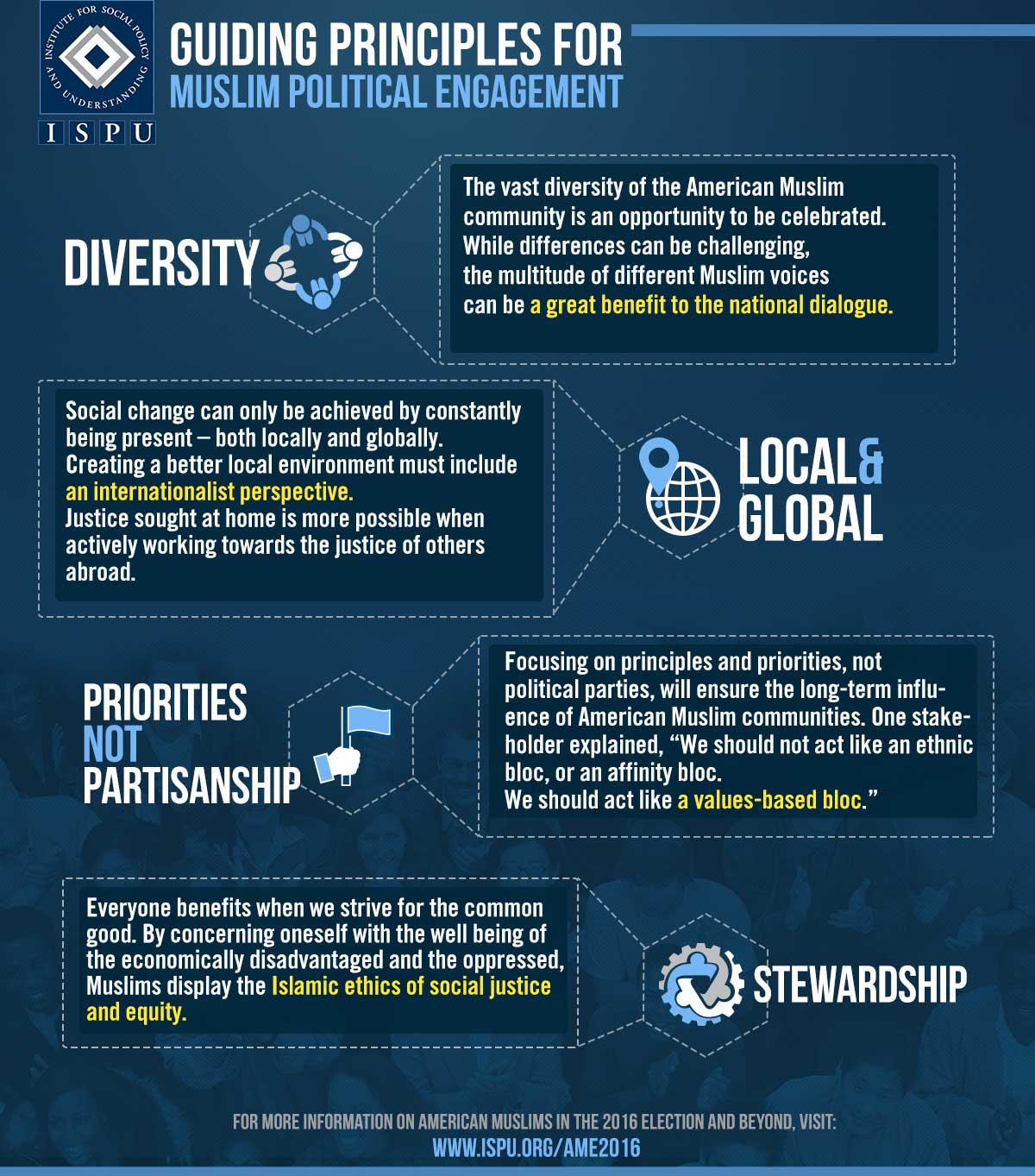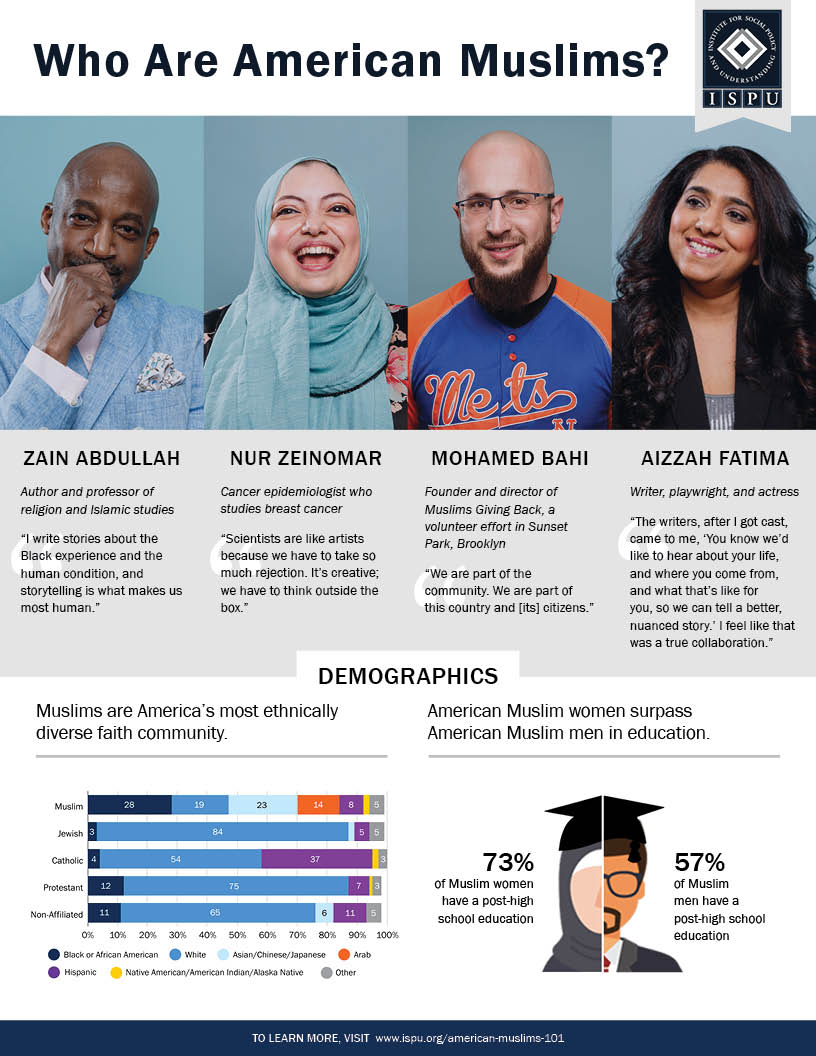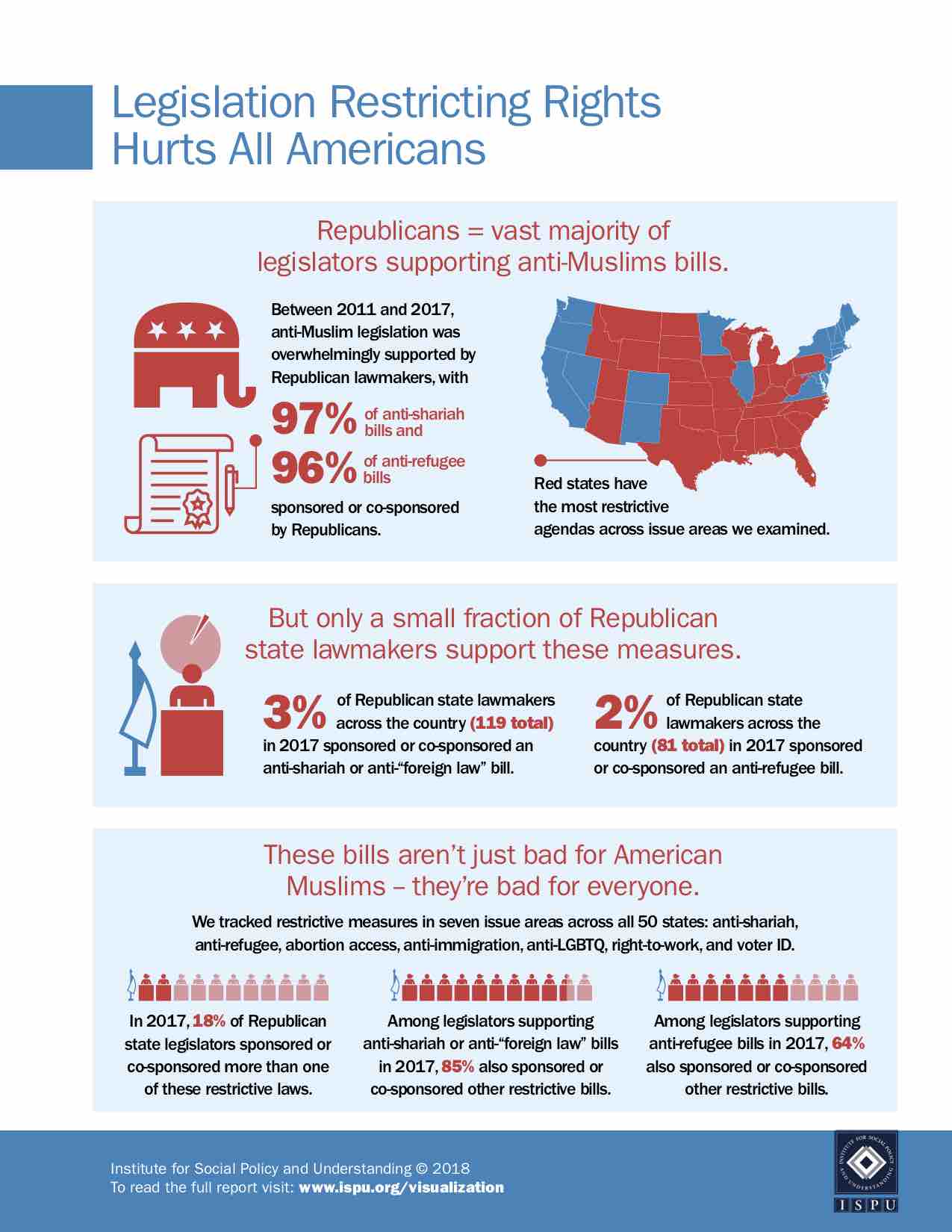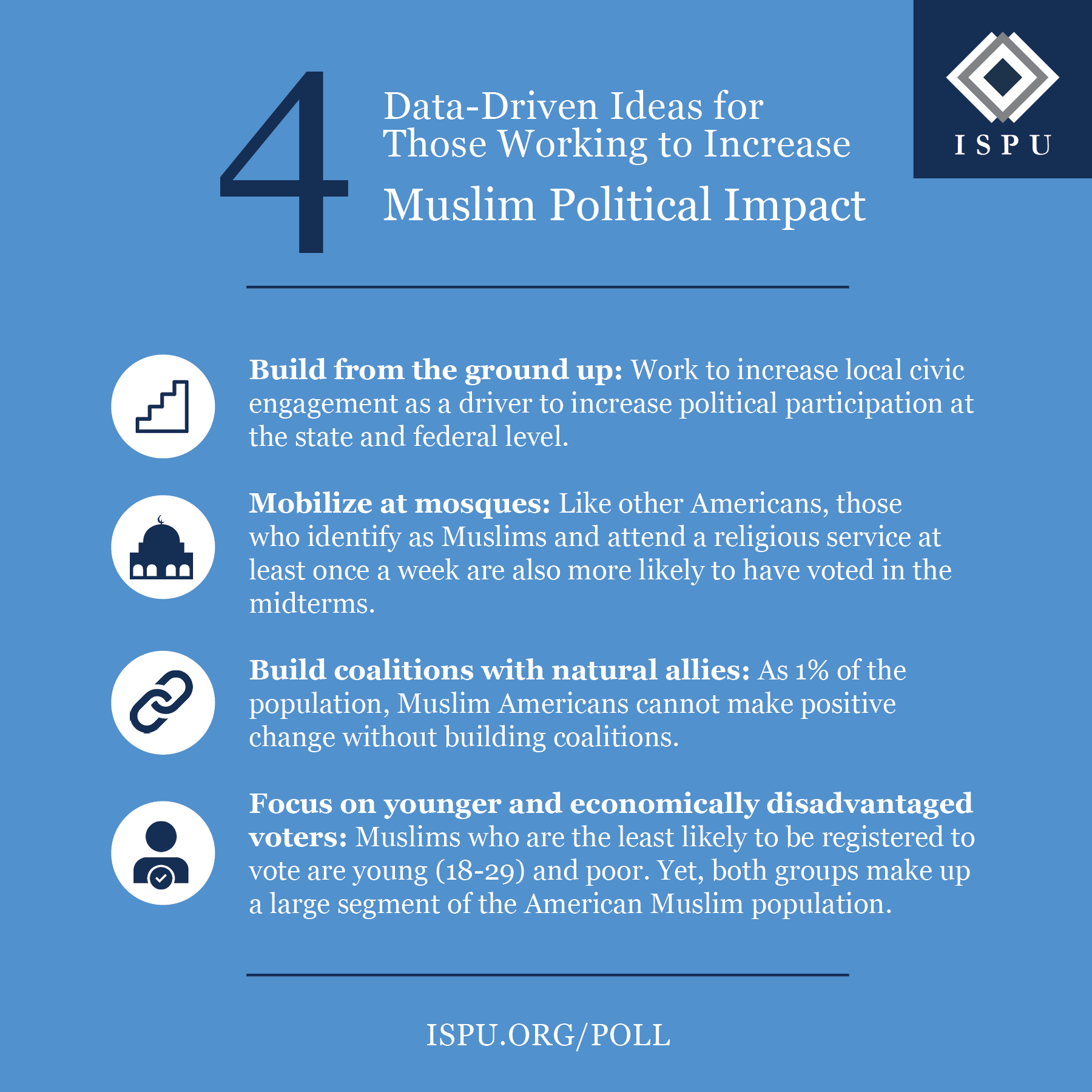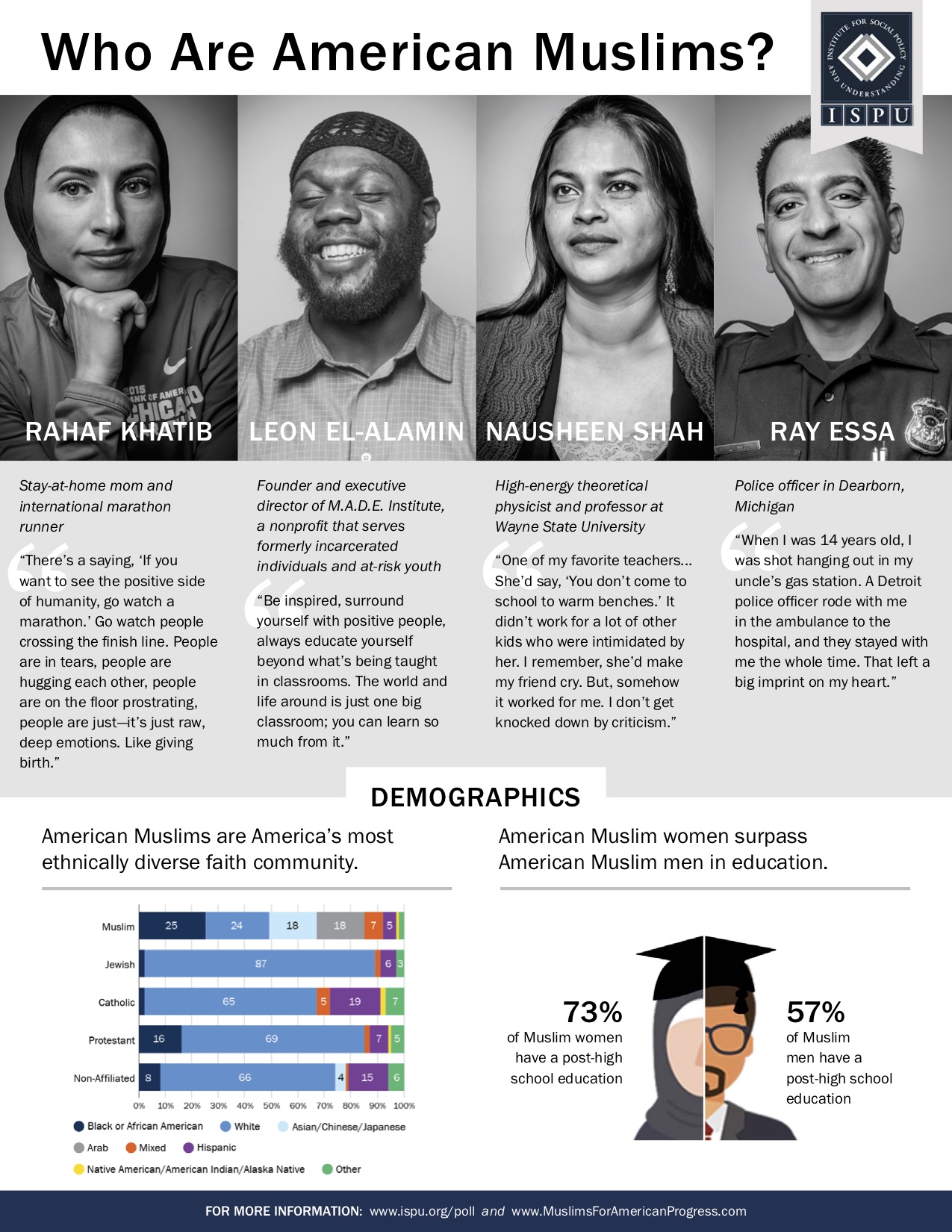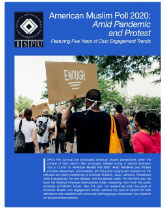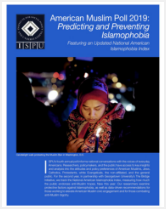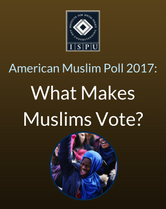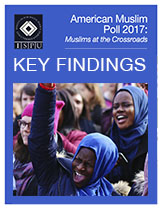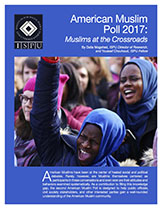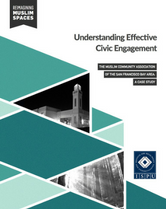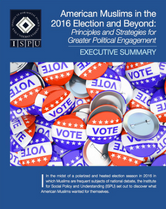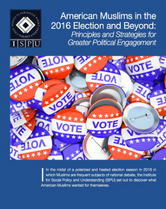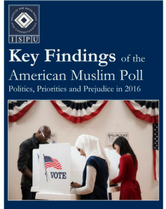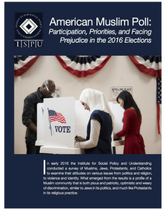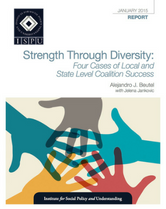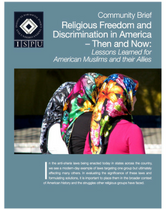Whether it’s time for a general, midterm, local, or special election, you can reference ISPU’s elections research on issues related to American Muslims. Use this online community toolkit to empower, inform, and improve participation in our country’s political process. From videos to presentations to full reports, our research has been repackaged to ensure accessibility for everyone in the community.
Elections Toolkit
Resources for Political Engagement Organizers
Whether it’s time for a general, midterm, local, or special election, you can reference ISPU’s elections research on issues related to American Muslims. Use this online community toolkit to empower, inform, and improve participation in our country’s political process. From videos to presentations to full reports, our research has been repackaged to ensure accessibility for everyone in the community.
Quick Links
American Muslim Poll
This annual poll measures attitudes and policy preferences of American Muslims, Catholics, Protestants, Jews, white Evangelicals, and the non-affiliated. These findings provide empirical evidence that can be used to respond to stereotypes about Muslims in America.
Restrictive Measures Map
This interactive map uses data from over 3100 bills across all 50 states to track which state lawmakers supported legislation targeting reproductive rights, voting rights, refugees, Muslims, and more.
Briefing Book for Policymakers
Who are American Muslims? What are their policy priorities? How can elected officials best serve the needs of Muslim communities? ISPU and the Yaqeen Institute created this guide to help.
Islamophobia: A Threat to All
This project deconstructs the Islamophobia industry in order to understand how it’s used as a legislative tactic.
American Muslims + Elections
This project provides data-driven recommendations on how each of us can be engaged in the political process, locally and nationally.
Videos
Muslims are one of the most talked-about groups in American politics, but little is known about how they’re engaged politically… until now. Here are four data-driven ways to increase American Muslim civic participation.
What do Muslims, immigrants, women, LGBTQ people, labor union members, and people of color have in common? They are all targets of restrictive legislation, often by the very same lawmakers. Watch this video to learn more.
Are you an Inshallah Voter? Watch our video to find out.
How well do you know American Muslims? These facts from ISPU’s American Muslim Poll 2016 just might surprise you.
Presenting on American Muslims
Giving a presentation on American Muslims and civic engagement? Here are our American Muslim Poll 2019 slides, filled with relevant data and ready for you to use.
Helpful Handouts
Helpful Handouts
Useful Reading
American Muslim Poll 2020: Full Report
This year’s American Muslim Poll, the fifth annual
01 October, 2020American Muslim Poll 2020: Key Findings
This is a summary of the major findings of ISPU’s
01 October, 2020American Muslim Poll 2019: Key Findings
This is a summary of the key findings of ISPU̵
29 April, 2019American Muslim Poll 2019: Full Report
Returning for its fourth year, ISPU’s annual poll
29 April, 2019What Makes Muslims Vote?
The 2016 election was supposed to be a political c
20 September, 2017American Muslim Poll 2017: Key Findings
This is a summary of the key findings of ISPU’s Am
21 March, 2017American Muslim Poll 2017: Full Report
American Muslim Poll 2017: Muslims at the Crossroa
21 March, 2017Understanding Effective Civic Engagement | The Muslim Community Association of the San Francisco Bay Area: A Case Study
This second report in ISPU’s “Reimagin
19 August, 2016American Muslims in the 2016 Election and Beyond: Executive Summary
In the midst of a polarized and heated election se
05 April, 2016American Muslims in the 2016 Election and Beyond: Full Report
In the midst of a polarized and heated election se
05 April, 2016American Muslim Poll 2016: Key Findings
This is a summary of the key findings of ISPU̵
15 March, 2016American Muslim Poll 2016: Full Report
American Muslim Poll 2016: Participation, Prioriti
15 March, 2016Full Report | Strength Through Diversity: Four Cases of Local and State Level Coalition Success
Since 9/11, the public spotlight on American Musli
01 January, 2015Religious Freedom and Discrimination in America – Then and Now: Lessons Learned for American Muslims and Their Allies
In the anti-sharia laws being enacted today in sta
10 November, 2014


